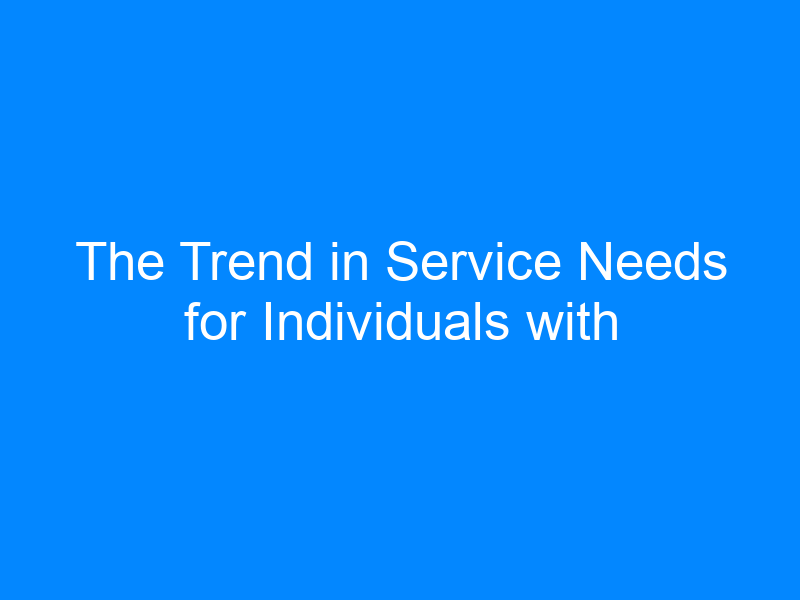While there have been diagnoses and theories of various forms of autism since the 1940s, it was only in the mid 1990s when the idea of autism as a spectrum of conditions under one umbrella was first added to the DSM. This classification unified many diagnoses that are intimately related, sharing common traits such as a heightened ability for pattern recognition, an ability to hyperfocus on a narrow set of interests and a challenge in reading social situations successfully.
Types of support for autism
Individuals with autism will appear somewhere on the spectrum from higher functioning, where they have functional language capabilities and higher intellectual abilities, to low functioning where they will need support in most of their day to day activities for their entire life. These supports may include:
- Behavioral coaching – this is most applicable to individuals with autism as they try to navigate the school system which is notoriously unfriendly to neurodiverse students. Coaching may look like in-class aides who talk the student through tricky situations or regular counseling sessions to work through problem areas and to create plans and strategies moving forward.
- Employment help – the number of autism employment agencies is on the rise as the job market realizes the vast untapped potential of people with ASD. Large organizations such as Microsoft and JP Morgan Chase are specifically seeking out individuals on the spectrum for particular roles, but many of them need help and guidance getting into the workforce. This help is often focused around the application and interview process, but also extends to helping the receiving organization to make changes and accommodations to make the transition successful.
- Day to day life skills support – for individuals with high levels of need, there are support organizations who will come to the house and provide everything from dietary and bathing services to organizing respite for families who need a break. These intensive services often act as a two-fold service – their main focus is to meet the needs of the individual on the spectrum, but they also provide informal training to their friends and families about how to best support their needs.
An increasing trend in support
All of these supports have existed for many years. However, recent studies and government data have shown that the trend for service needs for individuals with autism is on the rise across the country. There are many different reasons for this uptick in service needs:
- Better identification – for many decades, those at the higher functioning end of the autism spectrum were either not taken in for testing as they were able to work out ways to survive the school system as kids or were misdiagnosed with another disorder. The lack of the idea of the spectrum also meant that these individuals might not have met the criteria for the early autism diagnoses. Even though they don’t require as intensive support as others, they will still need help taking their rightful role in society through employment agencies and life skills training.
- Better understanding – modern research techniques improve with every passing year. The time when children with autism were dismissed as “being a bit weird” are long gone, and we as a society know so much more about the condition than we did even a decade ago. With this increase in knowledge about how the disorder can present in different individuals, there has been a corresponding increase in the number and types of services that can be offered to make all parts of society more inclusive of people with autism.
- Better advocacy – as with many mental disorders, families and friends of people with autism have historically become the primary caregivers for them as without something that looks wrong on the outside, society at large fails to understand why they aren’t acting in neurotypical fashion. The impact of campaigns such as Autism Awareness Day, increased testing and screening at younger ages in schools and the proliferation of autism employment agencies that promote the possibilities of independence and success in adult life have all contributed to an increased advocacy for the rights of people with autism. This has included both at a government level where bills get passed to make the world a more equitable place, and at a society level where having autism is becoming less and less stigmatized. This allows individuals and families to feel more comfortable in reaching out for external services and support.




